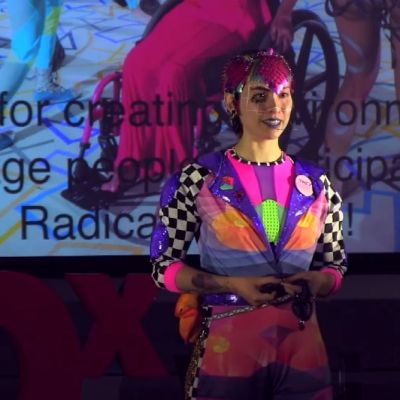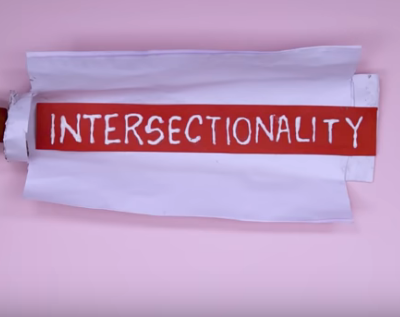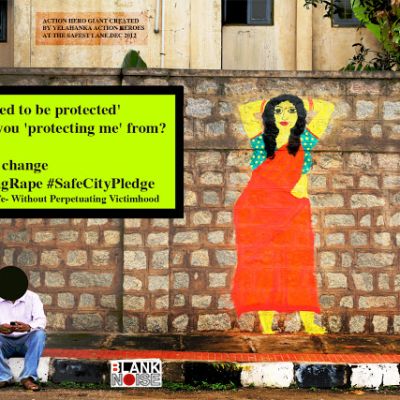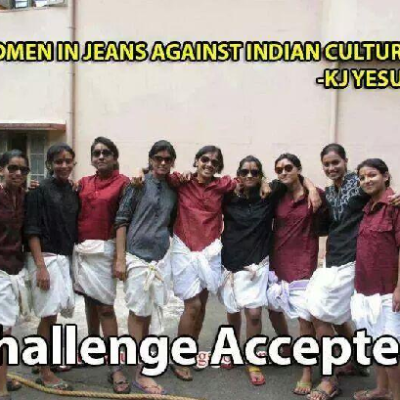Feminism
This post is a part of TARSHI‘s #TalkSexuality Campaign. By Shruti Arora “I’ve never told this to anyone before, but…
This article was originally published in the NPR. January 8, 2018; TANIA LOMBROZO Two recent books, one a manifesto by British…
Feminist critiques are often critiques of relationship structures: marriage, the joint and nuclear family, monogamy, and heteronormativity. Patriarchy, fundamentally a system of inheritance, finds a natural home in these structures.
This is why I’ve often wondered: how do feminists imagine and navigate romantic relationships? Do they have to constantly be thinking about and watching out for the many ways in which power, privilege, autonomy and entitlement manifest in their relationships and dating culture? It seems rather unromantic to do so.
It took me some time to realise how important being vulnerable or, for that matter, being vulnerable during sexual engagement was for me to have great sex and how empowering it is for my sexuality. After much thought, I decided to open up to my partner about my past experiences and other things I never used to openly talk about.
What if we refused to assimilate? What if we collectively decided to dress in a way that made it so society could not render us invisible?
If feminism is about fighting for equality, then how can we ensure that our feminism is truly inclusive and equal? Does it feature only a certain kind of voice or experience, and not take into account the multiple axes of oppression that another group of people may face?
Watch media theorist, linguist and philosopher, Wolfgang Sutzl interview feminist historian and cultural critic Lata Mani about the impact of neoliberalism…
When I finally came out to myself at age 16 and made it to a free queer youth space, I couldn’t wait to be accepted among folks who didn’t play by society’s heterosexist rules of masculine and feminine as polar opposites.
The rape and murder of a young woman in New Delhi on December 16, 2012, left the Indian public consciousness…
‘Is the future so dark?’ you might ask. I am here to tell you that it is not. As you begin your exploration into the world of queer theory and feminist theory, you will learn that the straightjacket version of sexuality cooked by our families was undercooked.
“Everything is funny, if you can laugh at it.” – Lewis Carroll Lewis Carroll can be said to have a…
“Be yourself, Sarah. Awkward smiles, empty silences, weird laughter, and all. It’s just a part of being human. Loving someone physically is never not awkward. Even if it’s a monogamous relationship. It’s only the comfort of familiarity that makes you think otherwise.”
The In Plainspeak team decided to time travel and re-discover previously published articles that explore the multiple ways in which people find joy and pleasure in their sexualities.
Manto’s writings reflected both his own context and more. His stories dealt with eternal issues like love, deceit, pain, friendship and materialism. They also dealt with the specificity of national liberation movements, partition and the class-caste-religion matrix influencing human relationships in the particular context of South Asia.















